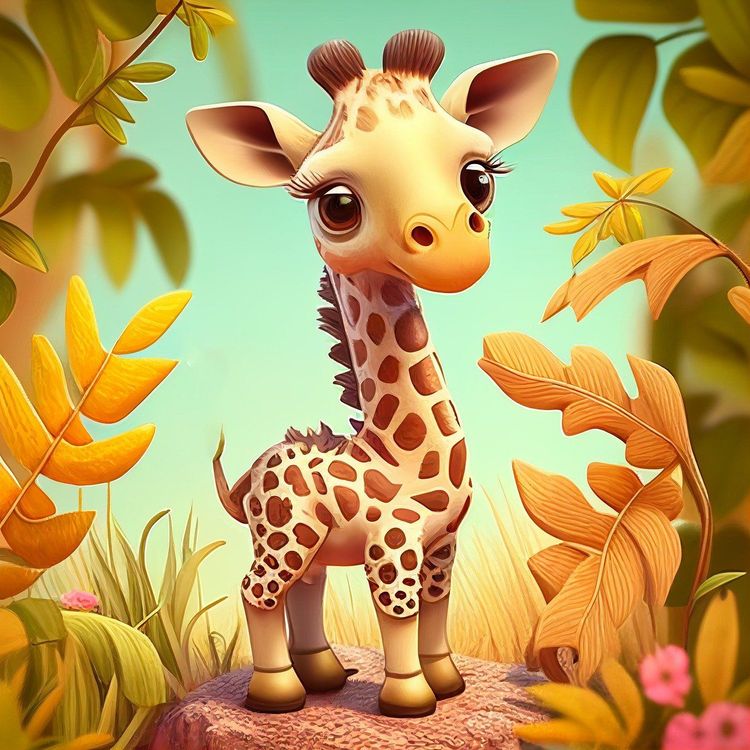In 2023, generative AI captured the spotlight, claiming nine out of the top ten stories that captivated readers. Its rise has revolutionized the way humans interact with machines, with ChatGPT leading the charge. Having celebrated its first anniversary in November, OpenAI's innovative chatbot has evolved, boasting enhanced capabilities thanks to more powerful GPT language models. Below is a deeper look at the year's most engaging stories:
### 1. Meet Caryn: Your Generative AI Girlfriend
**Published: June 1**
AI startup Forever Voices made waves with its creation of a generative AI girlfriend, modeled after influencer Caryn Marjorie. What sets 'Caryn' apart is her ability to engage in dynamic interactions with users, delivering responses that feel impressively human-like. This includes generating audio responses, making each conversation unique. Forever Voices has also ventured into cloning other iconic figures like Steve Jobs and Taylor Swift, further exploring the boundaries of digital companionship.
### 2. OpenAI’s Code Interpreter: Empowering ChatGPT as Data Scientist
**Published: July 10**
OpenAI launched the Code Interpreter, a pivotal feature that allowed users to execute code directly within ChatGPT. This functionality transformed the chatbot from merely generating code to performing intricate data analytics and visualizations effortlessly. The introduction of this tool marked the beginning of a series of enhancements for ChatGPT, including voice inputs and image generation, expanding its utility and accessibility for users.
### 3. OpenAI’s Guide to Crafting Effective Prompts
**Published: Dec. 18**
Despite being released toward the end of the year, OpenAI's guide on writing better prompts resonated with a broad audience. It provided six actionable steps to improve interactions with large language models like GPT-4. Users were encouraged to combine various strategies for enhanced results, with practical examples included to illustrate optimal prompt usage. This guide emerged as a valuable resource for both novice and seasoned users in navigating the complexities of AI interactions.
### 4. Real-time Information Access for ChatGPT
**Published: Sept. 28**
Building on the momentum of the Code Interpreter, OpenAI upgraded ChatGPT with real-time information capabilities through Bing search. This enhancement allowed the chatbot to provide current and authoritative responses, something users had been eagerly anticipating since pre-updates. With links to original sources, the feature became available exclusively to premium subscribers, marking a significant advancement in the chatbot's functionality.
### 5. Seven Essential Programming Languages for AI
**Published: May 5**
In this evergreen listicle, readers explored the top seven programming languages vital for AI development. From the widely-used Python and Java to the lesser-known Julia and Haskell, the article aimed to inspire aspiring AI developers. This insightful compilation emphasized the importance of a diverse toolkit in staying competitive in the ever-evolving AI landscape.
### 6. Meet Alpaca: The Affordable Open Source ChatGPT
**Published: Mar. 20**
Launched in late March, Alpaca emerged as one of the first open-source large language models built on Meta's LLaMA framework, developed for a mere $600. Although it garnered significant interest, the model faced challenges during its public demonstration due to unexpected inaccuracies, leading researchers to address content filter deficiencies. Nevertheless, Alpaca's debut marked the start of a wave of open-source advancements in the AI space in 2023.
### 7. Goldman Sachs: Generative AI and Job Impact
**Published: Mar. 29**
Concerns about job loss surged in response to revelations from Goldman Sachs, which suggested that generative AI might replace up to 300 million jobs worldwide, equating to about one-fourth of the global workforce. The report indicated that roles most susceptible to automation included office support, law, and engineering, while manual labor jobs were less at risk. This prompted widespread discussions about the implications of AI in the job market.
### 8. Create Songs with AI: DeepMind's Lyria for YouTube
**Published: Nov. 16**
Among the more creative endeavors this year, Google's DeepMind unveiled Lyria, an AI tool designed to generate music for YouTube. With capabilities in crafting instrumentals and vocals, Lyria intrigued readers and showcased the potential for AI to enrich the creative landscape across digital platforms.
### 9. Yann LeCun’s Perspective on Generative AI
**Published: Feb. 10**
Meta's Chief AI Scientist, Yann LeCun, shared insightful observations at the World Artificial Intelligence Cannes Festival (WAICF). He garnered attention for his candid assessment of ChatGPT, characterizing it as primarily a “typing aid.” His remarks sparked widespread interest and discussion, especially after he amplified the coverage on social media.
### 10. ChatGPT’s New Document Analysis Capabilities
**Published: Oct. 30**
ChatGPT's latest addition now allows users to upload and analyze lengthy documents, available to premium and enterprise subscribers. This feature enables users to pose questions related to the content. Whether summarizing a complex research paper or extracting insights from sales data, ChatGPT’s analysis capabilities offer valuable tools for information synthesis.
Through the lens of 2023, the advancements in generative AI signal an exciting era of possibilities in communication, programming, creativity, and data processing. These developments not only enhance user engagement but also ignite pressing conversations around the future of work and technological impact.







